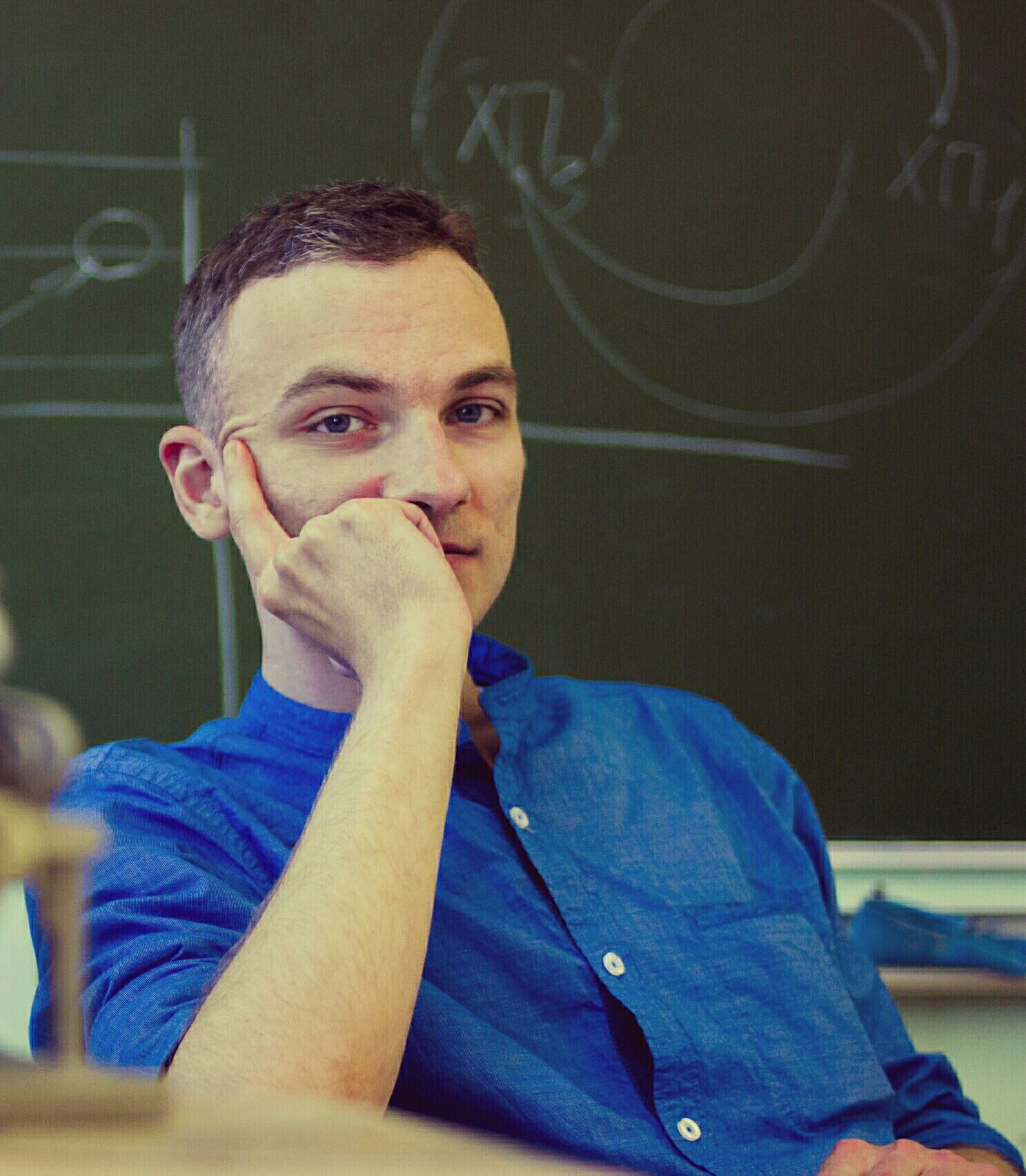This article deals with the question of the origin of Christs and the Theotokoses in the communities of Christ-Faith. Existing explanations for this phenomenon is by no means exhaustive. In this article we will attempt to confirm the very fact of deification of leaders, as well as to find out what are the reasons for the existence of this phenomenon. According to the sources which are to us, we can conclude that certain features of veneration of Christ-Faiths leaders in the 18th–19th centuries go far beyond the veneration of local saints and "teachers of faith". In some cases, the sacred status was even inherited. In order to understand the reasons behind phenomenon, it is proposed to consider the ecstatic ritual of the Christ-Faith as a psychodynamic complex, which is aimed at the generation and reproduction of powerful religious experience. A ritual drama in mystic-ecstatic practices can be accompanied by a multitude of types of experiences, among them possession trance and trance of visions. In the trance of visions, the drama of death-and-rebirth, the typical scenario of which is Christ's crucifixion, can be actualized. One of the features of this type of trance is the probability of self-identification with significant characters of sacred history and with archetypal figures: in this case, with the dying and resurrected Savior. The ritual drama of Christ-Faith was accompanied by these types of experiences. The concept proposed in the article suggests considering powerful religious experiences, including the experience of self-identification and possession by sacred forces, as one of the possible reasons for the deification of ecstatically gifted leaders of the Khrist-Faith and for the appearance of ritual roles.
Key words: mystical sectarianism, Khristovshchina, Khlysts Christ and the Theotokos, ecstatic practices, psychotechnics, radenie, altered states of consciousness, the content of religious experience, possession trance, trance of visions.
DOI: 10.22250/2072-8662.2019.1.130-136
About the author
 |
Andrey S. Dedov – Postgraduate student at the Department of Philosophy and Religious Studies, Russian Christian Academy for the Humanities; 15, Fontanka emb., St. Petersburg, Russia, 191011; This email address is being protected from spambots. You need JavaScript enabled to view it. |